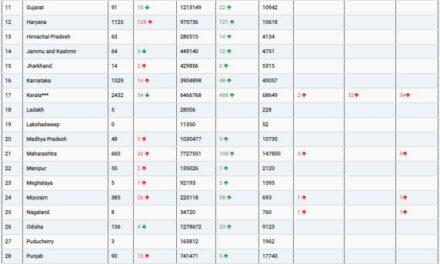Mother’s milk has been celebrated as both an ancient art and a modern miracle, and for good reason. For centuries, it has been the cornerstone of infant nutrition, providing not only the perfect balance of nutrients but also a host of protective benefits that modern science continues to uncover.
Research consistently confirms that breast milk is the ideal nourishment for newborns. A 2021 review published in the journal Nutrients highlights that mother’s milk is an “unbeatable food that covers all the nutritional requirements of an infant in its different stages of growth up to 6 months after birth.” This period is critical for a baby’s development, as breast milk alone is sufficient to meet all their needs.
At around 6 months of age, other foods should be gradually introduced into the baby’s diet alongside breast milk. Iron-rich foods such as iron-fortified cereal, pureed meat, and poultry become essential, along with soft, pureed vegetables and fruits. However, breast milk remains an important part of the diet, continuing to provide essential nutrients and immune protection.
One of the key reasons breast milk is considered the “gold standard” is its unique composition, which is tailored to meet the specific needs of newborns. Unlike formula, which seeks to replicate these benefits, breast milk contains a perfect blend of nutrients that support growth and development while also providing powerful protection against infections.
A 2022 article in the Annals of Nutrition and Metabolism underscores the protective benefits of breastfeeding, particularly in low-income settings where it significantly reduces the risk of diarrhea and respiratory infections. Even in higher-income settings, breastfeeding offers protection against ear infections (otitis media) and potentially lowers the risk of type 2 diabetes later in life.
The benefits of breastfeeding extend beyond the baby; mothers also reap significant rewards. Nursing promotes the release of hormones that help reduce stress and anxiety, creating a strong emotional bond between mother and child. This “psycho-neuro-immunological” benefit, as scientists describe it, supports a mother’s mental, emotional, and physical health.
Moreover, breastfeeding mothers often find it easier to regain their pre-pregnancy shape. The act of nursing burns approximately 500 extra calories a day, utilizing fat stores produced during pregnancy. Research also indicates that women who breastfeed are at a lower risk of developing breast and ovarian cancer compared to those who do not.
Practical advantages also abound. Breast milk is always available, always at the right temperature, and comes in naturally hygienic containers. For many mothers, this convenience translates into more sleep, as there is no need to prepare formula in the middle of the night.
In a world where scientific advancements continually push the boundaries of what’s possible, mother’s milk remains a remarkable constant—a true miracle of nature that continues to nourish and protect the youngest among us in ways that modern science can only aspire to replicate.












